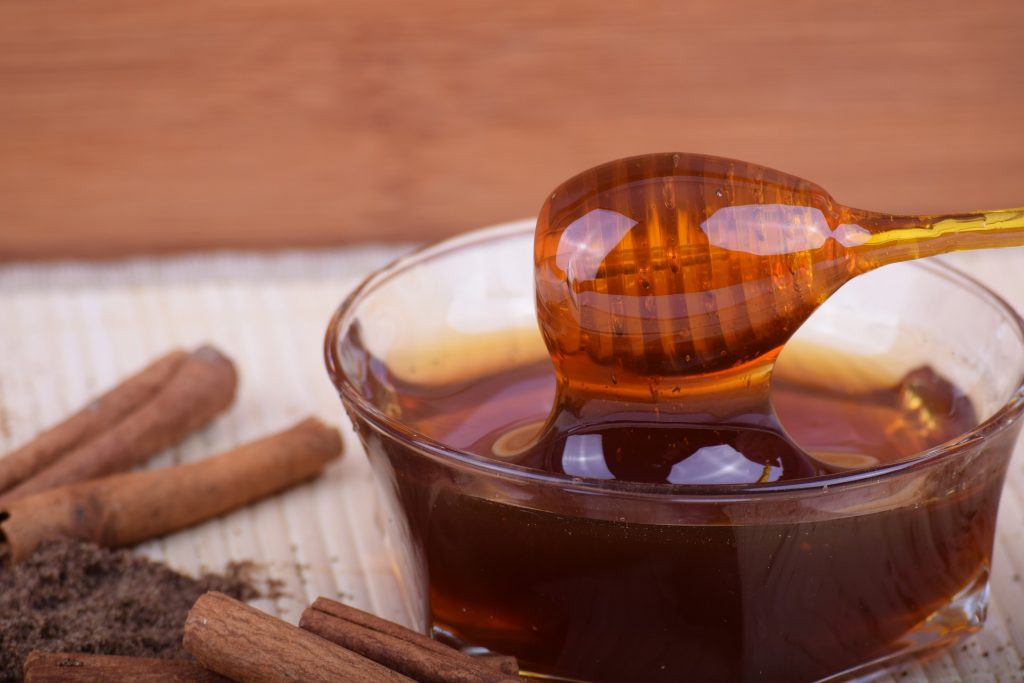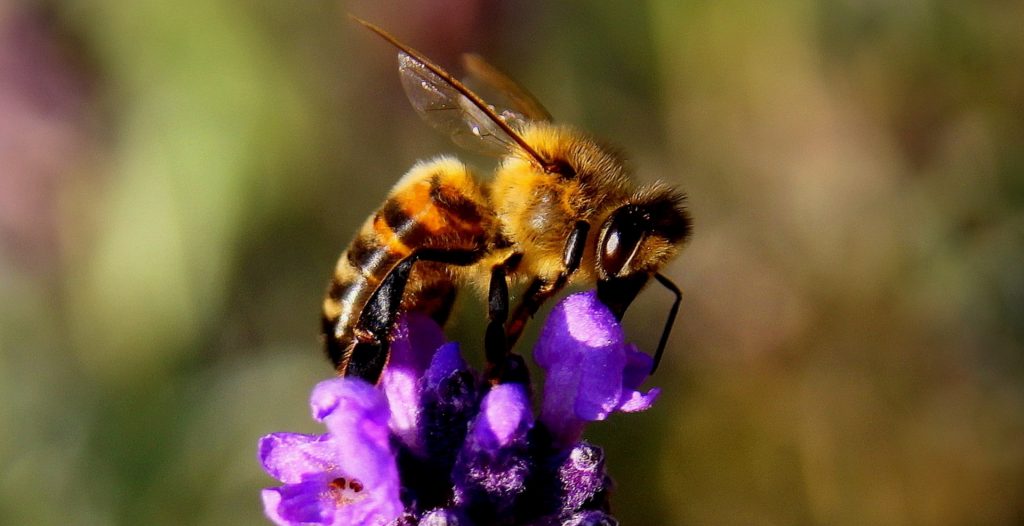 In nutrition, sugars are simple carbohydrate molecules including glucose, fructose and sucrose. Sucrose is chemically fructose and glucose bound together. High fructose corn syrup is a synthetic sugar consisting of molecules of glucose and fructose in free solution. Evidence suggests that high sugar diets are bad for the health, particularly if they contain high amounts of fructose. High intakes of sugar in the diet are thought to lead to a number of metabolic changes which cause detrimental changes to blood sugar regulation, including insulin resistance and glucose intolerance. These changes may negatively affect brain function, as cognitive function is reliant of stable blood sugar levels. In addition, sugar has been shown to be addictive, and may cause detrimental neuronal changes similar to those seen in drugs of addiction. Protecting mental health therefore requires that sugar intake is moderated and refined crystalline sugar, that comprises a large part of the typical Western diet, is avoided.
In nutrition, sugars are simple carbohydrate molecules including glucose, fructose and sucrose. Sucrose is chemically fructose and glucose bound together. High fructose corn syrup is a synthetic sugar consisting of molecules of glucose and fructose in free solution. Evidence suggests that high sugar diets are bad for the health, particularly if they contain high amounts of fructose. High intakes of sugar in the diet are thought to lead to a number of metabolic changes which cause detrimental changes to blood sugar regulation, including insulin resistance and glucose intolerance. These changes may negatively affect brain function, as cognitive function is reliant of stable blood sugar levels. In addition, sugar has been shown to be addictive, and may cause detrimental neuronal changes similar to those seen in drugs of addiction. Protecting mental health therefore requires that sugar intake is moderated and refined crystalline sugar, that comprises a large part of the typical Western diet, is avoided.

Exposure of rats to chronic noise stress causes depressive-like symptoms and reductions in cognitive function in the animals. However, consumption of Malaysian tualang honey as part of the diets of the rats attenuates these effects. Therefore honey may have antidepressant effects in rats. These antidepressant effects may be due to the phytochemicals present in the honey, particularly antioxidant nutrients.
Honey is high in a number of sugars including fructose, glucose and sucrose, and common sense may therefore indicate that honey should also be avoided. However, consistently honey consumption is shown to be associated with positive health outcomes in nutritional studies. Some of this may relate to the fact that honey tends not to be consumed in such large amounts as the refined sugars in the typical Western diet. However, another reason for the beneficial health effects of honey may stem from the phytochemicals it contains. These phytochemicals reflect the plants which the bees visit during manufacture of the honey. In particular, honey contains a high concentration of antioxidants including flavonoids, as well as certain vitamin and minerals. These phytochemicals may protect the consumer from some of the negative effects of the sugars in the honey by conferring specific health effects. Some of the health effect that honey may confer include anti-anxiety, antidepressant and memory enhancing effects.
For example, in one study rats were fed their normal diet supplemented with either 10 % honey or an equivalent amount of sucrose as refined table sugar. Another group of rats consumed a sugar free diet of normal rat chow. The rats were then exposed to experimental stress for a large proportion of their lives, which included maize tests. Object recognition tests were used to assess their memory. Rats fed the 10 % honey diet showed significantly less anxiety from the experimental stress compared to both the control diet and the sugar fed rats. The authors also commented that the longer the rats stayed on the honey diet, the greater the anti-anxiety effects of the honey. Honey fed rats also demonstrated improvements in memory compared to the sugar fed and no-sugar diet rats. The sucrose fed rats also gained more body weight compared to the honey fed or sugar free diet rats. Therefore honey, as part of the diet, provided significant mood elevating effects and conferred significant cognitive improvements on the rats.

Honey is rich is polyphenolic substances from plants. The exact composition of the polyphenolic substances varies depending on which plants the bees has visited in order to make the honey. In particular the flavonoids are a group of phytochemicals found in honey that have been shown to have anti-anxiety and antidepressant effects.
Other studies have also reported similar improvements in the memory of rats fed honey as part of their diet. For example, rats fed Malaysian Tualang honey, a wild type of multifloral honey produced by Asian rock bees, showed improvements in long and short term memory. Tualang honey has also been shown to be able to cause improvements in immediate memory in healthy human subjects, suggesting that the effect is consistent between animals and humans. Certain Nigerian honey samples have also been shown to have anti-anxiety and antidepressant effects in mice exposed to experimental stress. It is possible that the antioxidants in honey are pivotal to the mood elevating and cognitive effects. This is based on studies that show that high levels of oxidative stress results in anxiety. Further, it is known that certain herbs and phytochemicals with antioxidant properties decrease anxiety in animals exposed stress. Dietary antioxidants have also been shown to improve memory and cognitive function in animals and humans.
RdB
Eat Well, Stay Healthy, Protect Yourself
